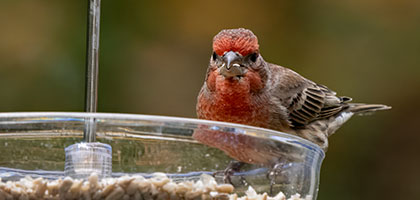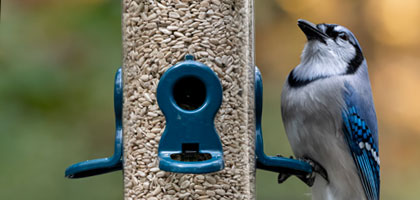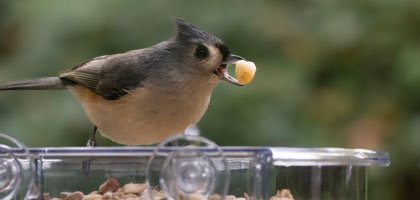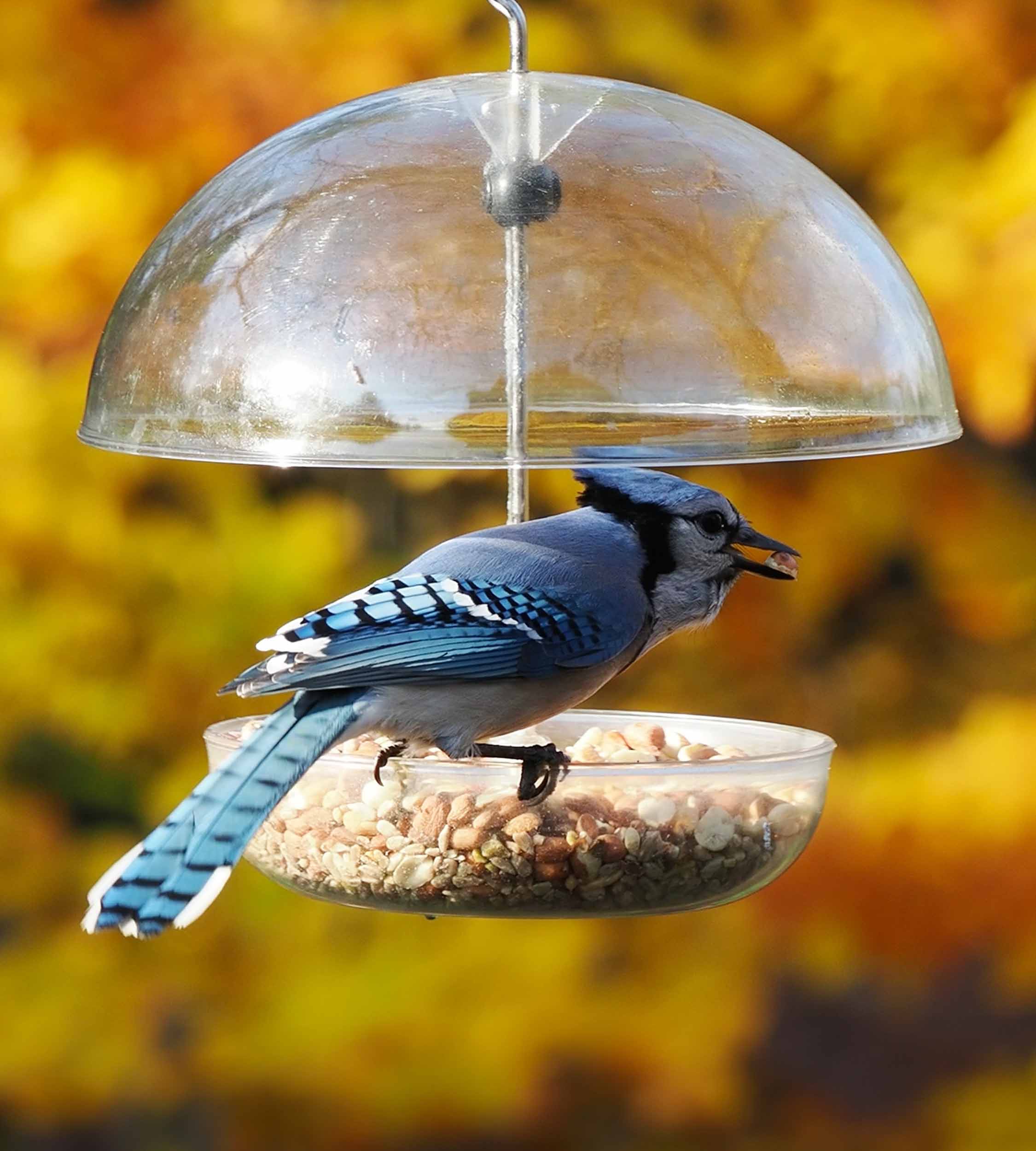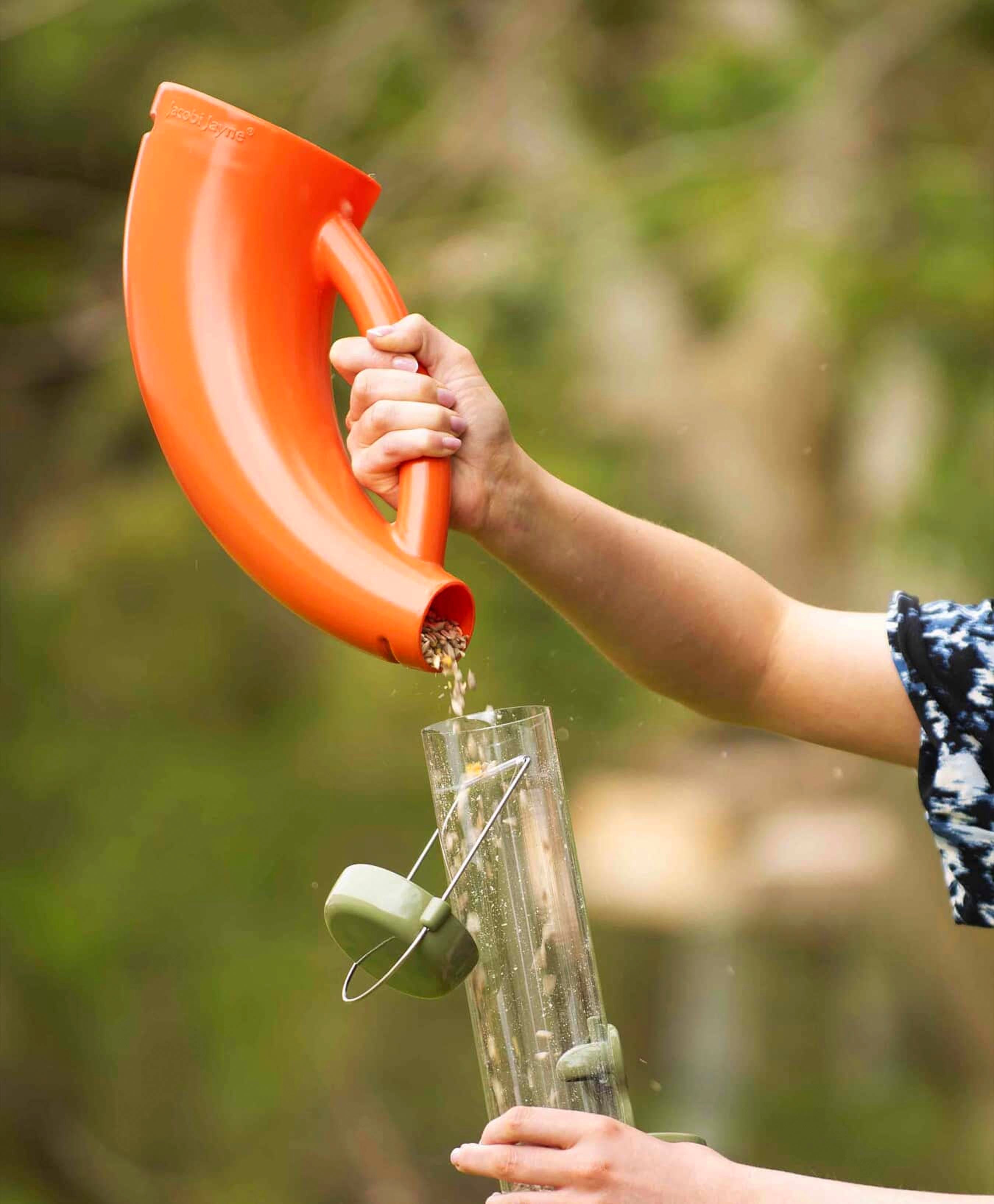Feeding birds can be a rewarding experience. It allows us to connect with nature and support local bird populations.
One common question among bird enthusiasts is about the use of sunflower seeds. Specifically, can birds eat sunflower seeds, and what about salted ones?
This guide aims to answer these questions. It will delve into the nutritional value of sunflower seeds for birds, the types preferred by different species, and the importance of choosing unsalted seeds.
The Nutritional Value of Sunflower Seeds for Birds
Sunflower seeds are beloved by many bird species due to their high oil and nutrient content. They provide essential fats and proteins that fuel birds' energy needs.
There are two main types of sunflower seeds: black oil and striped. Black oil seeds have a higher oil content, making them a more nutritious choice for birds. They have thinner shells, which makes them easier to eat.
Incorporating sunflower seeds into a bird's diet provides several benefits:
- High energy levels for active birds.
- Essential fatty acids for healthy feathers.
- Protein for growth and repair.
However, it is crucial to select unsalted sunflower seeds for bird feeding. Birds cannot process salt efficiently, and excess salt can lead to dehydration and health issues. Providing unsalted seeds ensures the safety and well-being of the birds visiting your feeders.
Types of Sunflower Seeds and Bird Preferences
Choosing the right sunflower seed type can influence which birds visit your feeder. Birds have diverse tastes and nutritional needs.
Black oil sunflower seeds are a favorite for many wild birds. Their high oil content and thin shells attract species like finches and cardinals. These seeds are a staple for bird enthusiasts.
Striped sunflower seeds have thicker shells, making them less popular among smaller birds. However, larger birds such as bluejays appreciate them. They provide variety and appeal to a broader range of birds.
Another option is sunflower hearts, which are essentially shelled sunflower seeds. These seeds are easy for birds to eat and result in less leftover mess. They are ideal for feeders placed close to homes or in window feeders.
Consider offering a mix of these seeds to accommodate different bird species. This variety will appeal to a range of birds, ensuring an active and diverse feeding area.
Choosing the Right Bird Feeder for Sunflower Seeds
Selecting an appropriate bird feeder is crucial for an enjoyable bird feeding experience. Different feeder designs cater to various bird species and seed types.
Large bird feeders can accommodate multiple birds at once, allowing for ample viewing. Smaller feeders are suitable for tiny spaces or for those who enjoy up-close bird watching.
Consider window feeders for close encounters. These attach to windows, offering a unique perspective as birds feed just inches away.
Specialty feeders like suet, peanut, and seed feeders cater to specific food types. Nyjer seed feeders are designed for small seeds, ideal for finches.
Squirrel proof feeders are valuable additions if pesky squirrels or raccoons visit. They protect your bird food, ensuring only birds enjoy the feast. These feeders save seed, maintaining an active and lively feeding area.
Safe Bird Feeding Practices
When feeding birds, it's vital to prioritize their health. Always choose unsalted sunflower seeds, as salt can harm birds significantly. It may cause dehydration or kidney issues, so keeping seeds unsalted is critical.
Cleaning bird feeders regularly is also essential. Dirty feeders can spread diseases among birds, leading to serious health problems. It's a simple step that greatly benefits avian visitors.
Using warm, soapy water is best for cleaning. Ensuring thorough rinsing prevents any potential soap residue, keeping feeders safe for birds.
Consider cleaning feeders monthly or as needed. More frequent cleaning may be necessary if many birds visit, as this can lead to faster buildup.
Encouraging Responsible Bird Feeding
Providing the right amount of food is crucial. Overfeeding can lead to waste and attract pests like squirrels and raccoons. Monitor feeding areas and adjust portions to what birds can consume within a day.
Consistency in feeding ensures the birds know where to find reliable nutrition. This regularity helps sustain local bird populations, especially during harsh weather conditions. Birds come to rely on dependable food sources.
Paying attention to feeding patterns is important. Birds may visit at different times, depending on the season and weather. Observing these patterns allows you to meet their needs more effectively.
Responsible feeding contributes to a healthy ecosystem. It encourages natural behaviors and supports wildlife in your area, enhancing biodiversity. This simple practice makes a significant positive impact.
Conclusion: The Joy of Bird Watching and Feeding
Feeding birds sunflower seeds offers numerous benefits. It enriches their diet with essential nutrients and attracts a diverse range of species. This activity creates a thriving environment in your backyard.
Responsible bird feeding is key to supporting local wildlife. It involves choosing healthy seeds and maintaining clean feeders. Thoughtful actions ensure the well-being of the birds we cherish.
Ultimately, the simple act of feeding birds brings immense joy. Watching colorful birds visit your feeders is a rewarding experience. It fosters a deeper connection with nature and promotes environmental stewardship.
